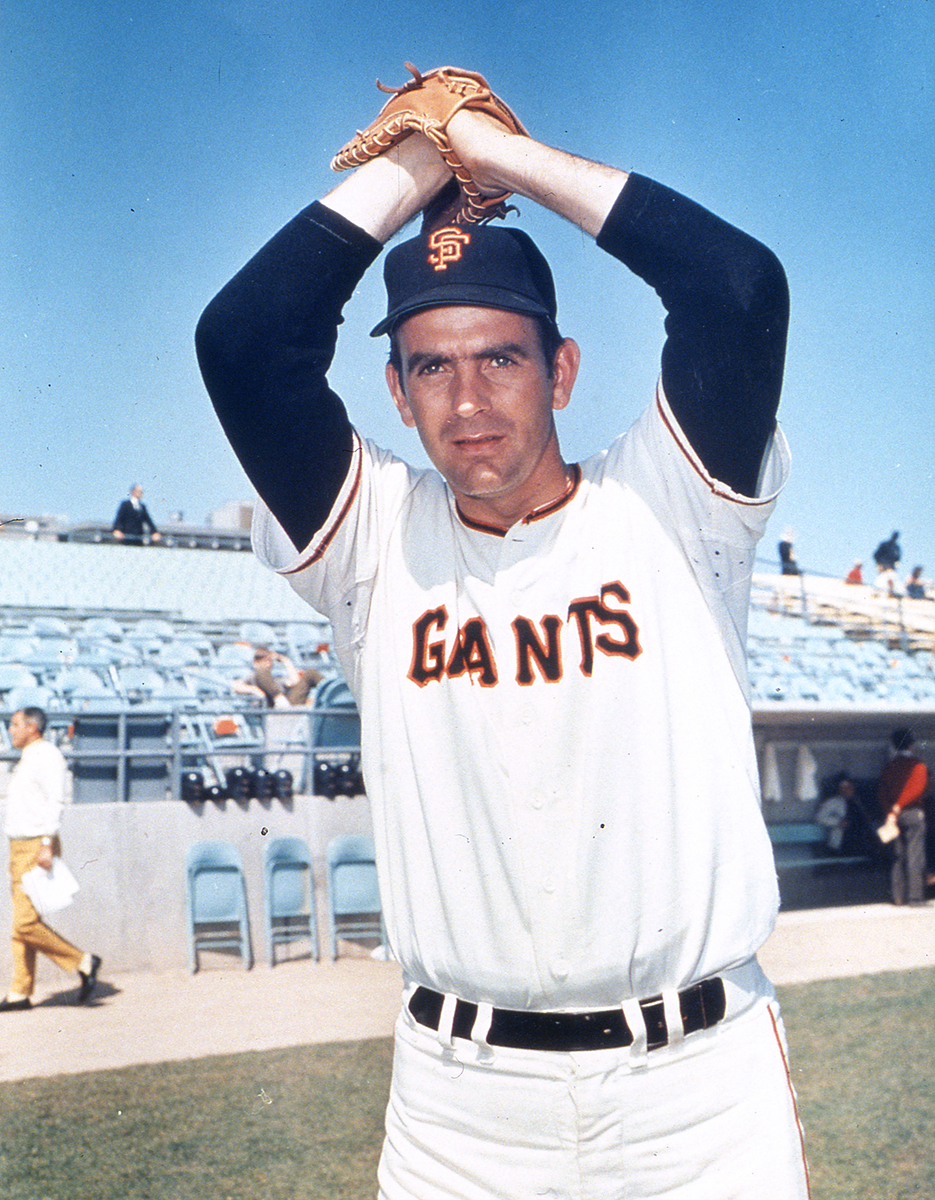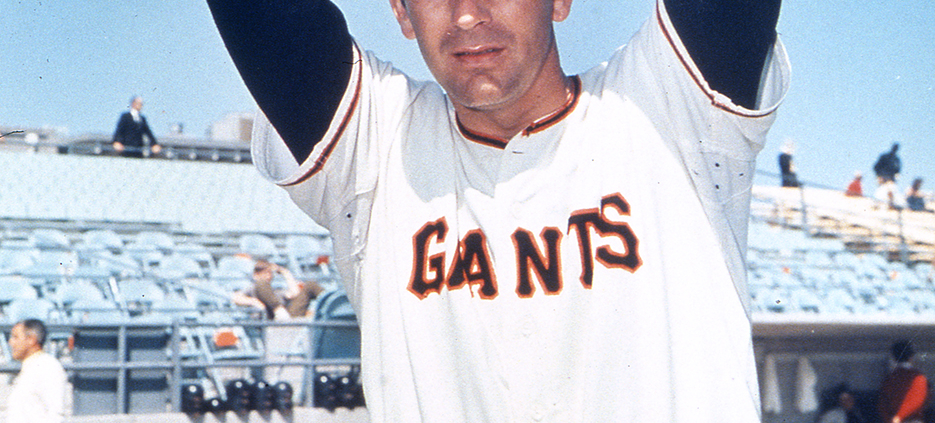In Memoriam: Gaylord Perry
 Gaylord Perry was one of the premier pitchers of his generation, winning 314 games and striking out 3,534 batters during his 22-year Hall of Fame career. But his place in baseball history rests mainly with his notorious use of the spitball, or greaseball, which defied batters, humiliated umpires, and infuriated opposing managers for decades to come.
Gaylord Perry was one of the premier pitchers of his generation, winning 314 games and striking out 3,534 batters during his 22-year Hall of Fame career. But his place in baseball history rests mainly with his notorious use of the spitball, or greaseball, which defied batters, humiliated umpires, and infuriated opposing managers for decades to come.
As Mark Armour writes at the SABR BioProject, “Make no mistake: Perry was also a brilliant craftsman with several excellent pitches in his repertoire, a hurler whose mastery of the spitter provided the batter yet another thing to think about as the pitch sailed toward the plate. After the game, he sheepishly denied any wrongdoing, slyly grinning like a poker player who knows he’s one step ahead of everyone else.”
Perry, who died at the age of 84 on December 1, 2022, became the first pitcher to win a Cy Young Award in both the American and National Leagues, first with the Cleveland Indians (now the Guardians) in 1972 and with the San Diego Padres in 1978, when he was 39 years old. His older brother, Jim Perry, also won the award in 1970 with the Minnesota Twins and had a long major-league career.
During Gaylord Perry’s career, the rules governing enforcement of the spitball were changed twice and umpires were given explicit directives concerning the pitch several other times — all of this was primarily because of the large, durable right-hander from North Carolina. Perry came clean about his use of illegal pitches in a 1974 autobiography, Me and the Spitter, where he wrote, “I reckon I tried everything on the old apple but salt and pepper and chocolate sauce topping.”
According to Perry’s book, the first time he ever threw an important illegal pitch was on May 31, 1964, at Shea Stadium in New York. It was the second game of a doubleheader, a game that went 23 innings and lasted a record 7 hours and 23 minutes. Perry was a young, unproven starter who had yet to earn the trust of Giants manager Alvin Dark, but he pitched 10 shutout innings in relief to earn the victory against the Mets and never looked back.
Throughout his career, Perry stymied umpires, managers, and opposing players by going through an elaborate series of feints with his hand, rubbing his neck, his cap, his belt, his glove, whether or not he had any intention of wetting the ball. “I don’t even have to throw it anymore,” he wrote in his 1974 book, “because the batters are set up to believe it’s there, waiting for ’em.”
Perry’s elaborate decoys obscured his considerable skill on the mound. He won 20 games in a season five different times, completed more than 300 starts, threw a no-hitter for the San Francisco Giants in 1968, and remained effective into his 40s.
Perry’s role in some of baseball’s most colorful incidents of his era are endless. In 1969, he slugged his first career big-league homer on July 20 off the Dodgers’ Claude Osteen. An oft-told story claims that Alvin Dark once suggested that “man would walk on the moon” before Gaylord hit a home run; in fact, Neil Armstrong did step on the moon just prior to Perry’s grand hit.
In 1983, after George Brett of the Kansas City Royals was ejected for using too much pine tar on his bat, it was his teammate Perry who ran out and confiscated the bat before stadium authorities chased him down to return it. At the end of that season, Perry retired from baseball. It took him three tries before gaining election into baseball’s Hall of Fame in 1991.
In retirement, Perry was able to make a good living just being Gaylord Perry. He could often be found at ballparks around the country, signing autographs, taking photos with fans, and answering questions about his pitching with a wink and a smile.
Umpire Bill Haller once said, “I watched Gaylord like a hawk. I never see him get any foreign substance. I’ve never found anything. I’ll tell you what he’s got: a good curve, a fine fastball, a good change, and a fine sinker. … I’ll tell you what Perry is: he’s one helluva pitcher, a fantastic competitor.”
Originally published: December 1, 2022. Last Updated: December 1, 2022.


